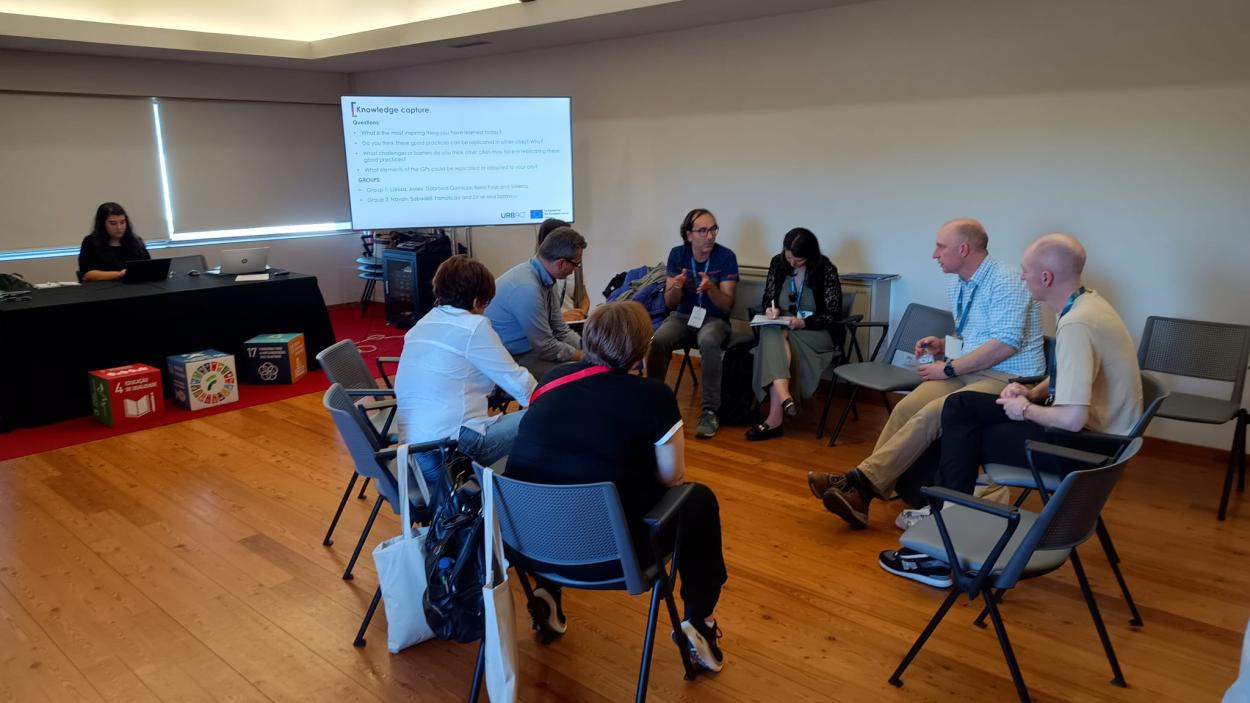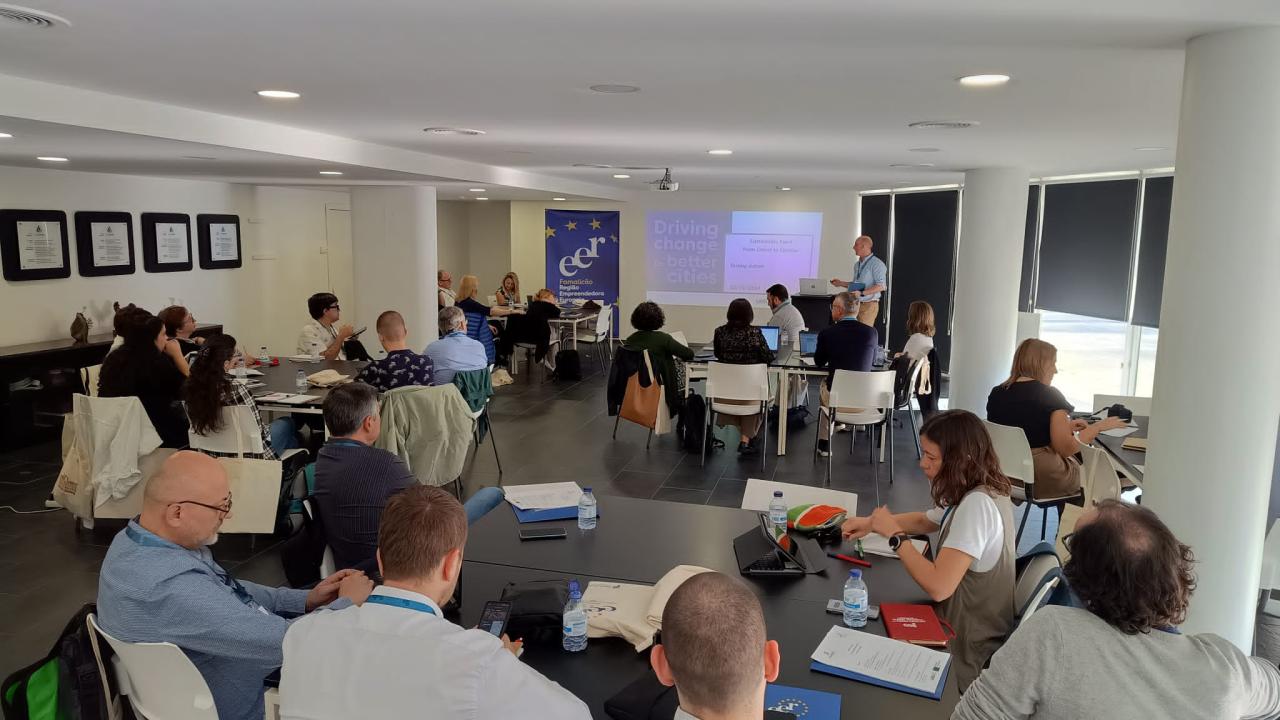Digitisation is paving the way for Industry 4.0, driven by technologies such as AI, IoT, big data, robotics, and cloud computing, which enhance automation, connectivity, decentralisation, and customisation while enabling data-driven decision-making. New strategic sectors and industrial uses are emerging (for instance, innovative food production hubs, new energy storage solutions, electrification of transportation, or smart cities), requiring specific land and spaces within urban areas.
At the same time, digitisation results in the obsolescence of several industrial uses, presenting an opportunity to repurpose industrial spaces within urban areas (notable examples of productive regeneration include 22@ in Barcelona or Strijp-S in Eindhoven) and to transition towards adaptable, tech-driven spaces that align with modern industrial needs. Indeed, office spaces, co-working hubs, and new flexible workspaces are increasingly reshaping urban environments, permeating city centres and redefining traditional spatial uses. These spaces integrate seamlessly into the urban fabric, repurposing old buildings, occupying mixed-use developments, and revitalising underutilised areas.
In addition, the acceleration of teleworking following the COVID-19 pandemic has reinforced these trends. The attraction of remote workers and digital nomads—despite the gentrification and rising costs in host destinations—presents an interesting opportunity for mid-sized cities to reshape their urban dynamics.
However, alongside the environmental impacts (due to the increased demand for energy and resources and the generation of greenhouse gas emissions), these new industrial dynamics linked to digitisation can also exacerbate inequalities across territories. For instance, digitisation may create divides within different segments of society due to a lack of skills. On the other hand, to keep pace with this rapid innovation, local administrations must prioritise digital technology adoption and continuously re-skilling their personnel. The fast-evolving landscape requires public services to become more efficient, accessible, and responsive—achievable only through digitisation.
During the third Transnational meeting in Vila Nova de Famalicão, In4Green partners participated in a workshop focusing on the challenges of Digitisation and Industrial Innovation. During the practical work, we aimed to address structural challenges faced by the partners while identifying priorities for the near future to advance digital transformation.

For example, a prominent issue is the lack of skills and capacity building, with cities like Avilés, Famalicão, and Larissa noting a shortage of qualified personnel and the need for comprehensive digital skills training across the workforce and general population. Additionally, insufficient technological infrastructure, including slow internet speeds and outdated systems, affects cities such as Bijelo Polje and Zdar. Limited funding, particularly for SMEs, is a barrier in municipalities like Navan and Dabrowa Gornicza, while poor coordination and collaboration between governments and the private sector further complicate progress. Finally, innovation gaps between large companies and SMEs, especially in traditional industrial economies like Avilés, highlight the need for equitable access to technology and innovation.
We have also detected best practices and pinpointed gaps in digital infrastructure and innovation strategies. For instance, public-private collaboration is the focus in Avilés, Famalicão, and Bijelo Polje, where partnerships between local governments, private companies, and research institutions are central to driving innovation. Support for startups and SMEs is also prioritised, with cities such as Avilés and Bijelo Polje actively promoting initiatives to nurture growth in the innovation and digital sectors. Sabadell, Navan and Dabrowa Gornicza's broad strategic plans integrate innovation and digitalisation into economic and urban development goals, with long-term objectives to enhance competitiveness and modernise traditional industries.
Skills development is crucial, with cities like Sabadell and Famalicão implementing tailored training programmes to close the digital skills gap and meet local business needs. Additionally, enhancing digital infrastructure (including broadband expansion) is a shared priority in cities like Avilés and Navan. Moreover, the role of open data platforms and the centralisation of economic information within municipal administrations has also been examined as essential enablers for fostering transparency, informed decision-making, and sustainable digital growth.
The workshop has stressed the unique approach of each city within the network: from the creation of comprehensive innovation frameworks to support a wide range of stakeholders (SME, large industries, R+D Centres, etc.), smart specialisation in strategic sectors, the digital skills pact, innovation hubs, action plans, open data policies or citizen engagement in the digital transition as a transversal driver.


